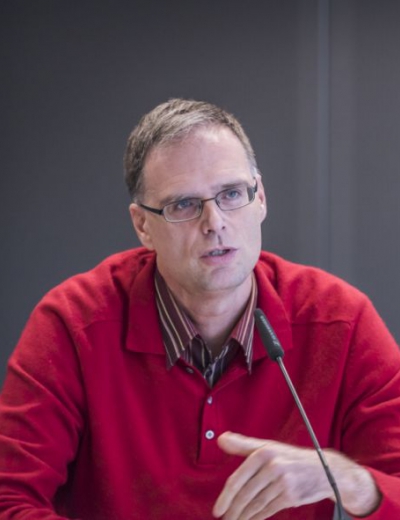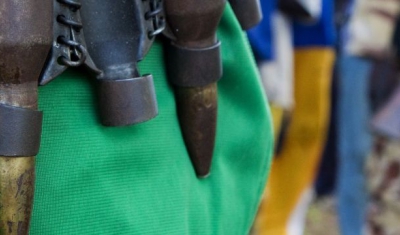The Law of International Armed Conflicts – Geneva Law


ICRC
Descriptive
This online short course will examine the sources of international humanitarian law (IHL), as well as the threshold criteria for its applicability in an armed conflict. It will provide an introduction to the key principles and terminology of IHL, and lay the groundwork for the following courses on IHL. After completing this course, participants will have a thorough knowledge of the sources of International Law applicable to armed conflicts and its scope of application.
Online
This is an online short course.
Schedule
Classes will take place online during lunchtime on:
- Wednesday, 4 December 2024, 12:00–14:00 (CET)
- Wednesday, 18 December 2024, 12:00–14:00 (CET)
- Thursday, 16 January 2025, 12:00–14:00 (CET)
- Friday, 17 January 2025, 12:00–14:00 (CET)
- Tuesday, 21 January 2025, 12:00–14:00 (CET)
- Tuesday, 28 January 2025, 12:00–14:00 (CET)
Audience
This online short course forms part of the Geneva Academy Executive Master in International Law in Armed Conflict. It is open to professionals – diplomats, lawyers, legal advisers, judges, NGO staff, human rights advocates, media specialists, professionals working in emergency situations, UN staff and staff from other international organizations – who are not enrolled in the Executive Master and who want to deepen their expertise in this specific issue.
Fee
The fee for this short course is 1,250 Swiss Francs. In case of cancellation by the participants, CHF 200 won't be returned.
Certificate
Participants obtain a certificate at the end of the course (no ECTS credits are gained).
How to Apply
Applications must be submitted via this online form.
Your application will need to include:
- A short motivation letter (no more than one page)
- Your curriculum vitae
- Proof of your competence in English (a certificate or statement highlighting your solid background in English)
Once admitted to the course, participants receive instructions on how to pay. Proof of payment is required before you begin the course.









